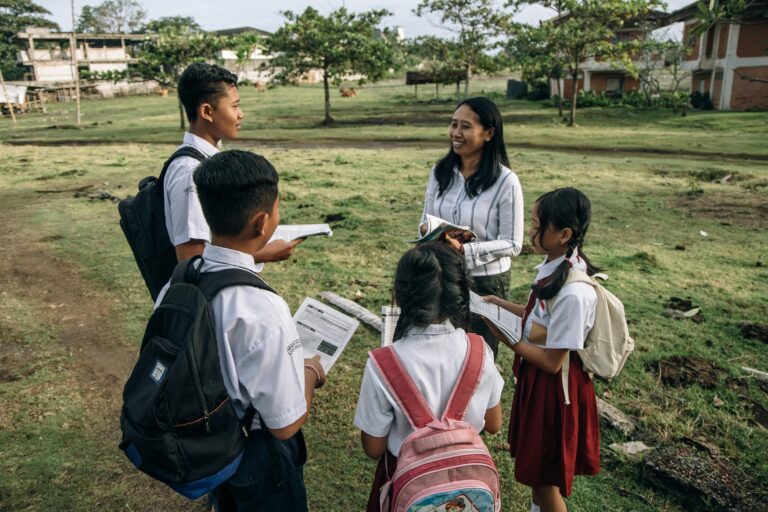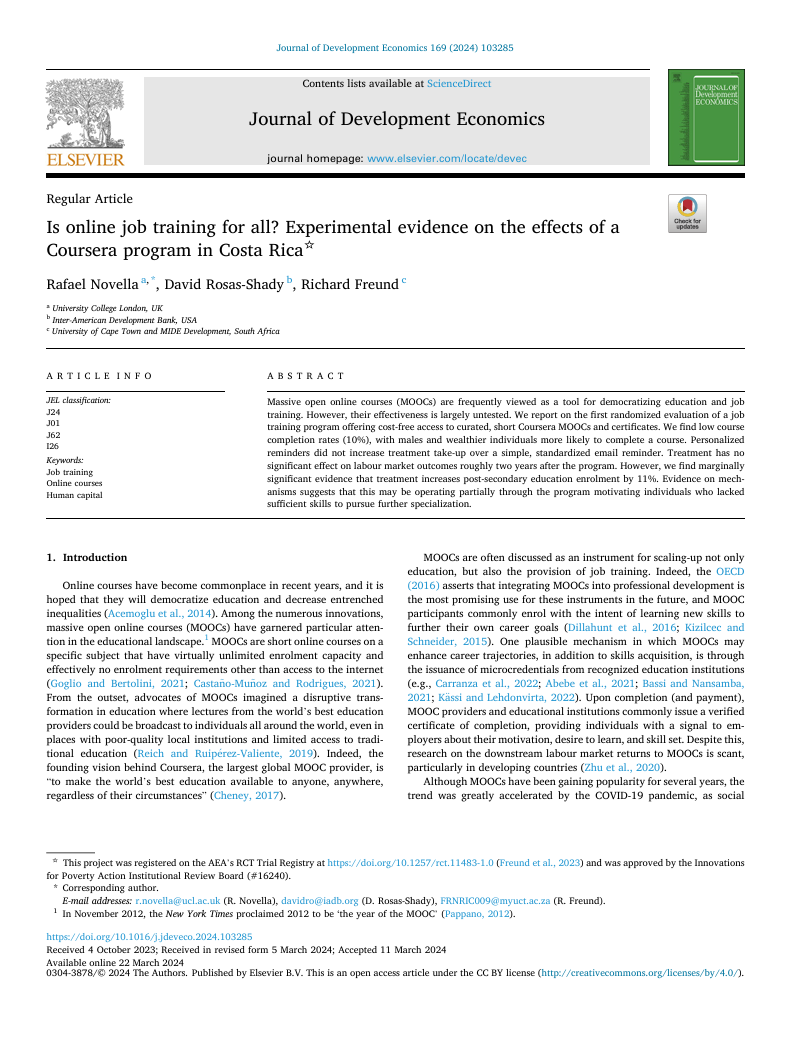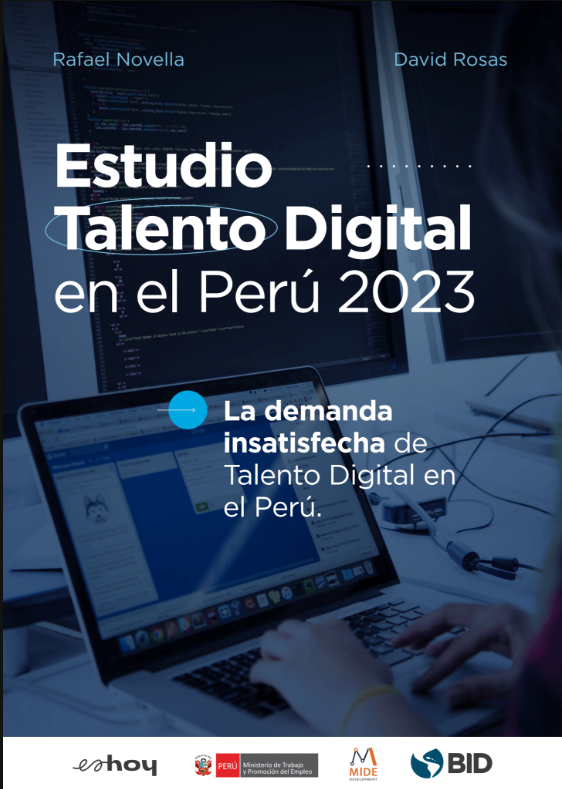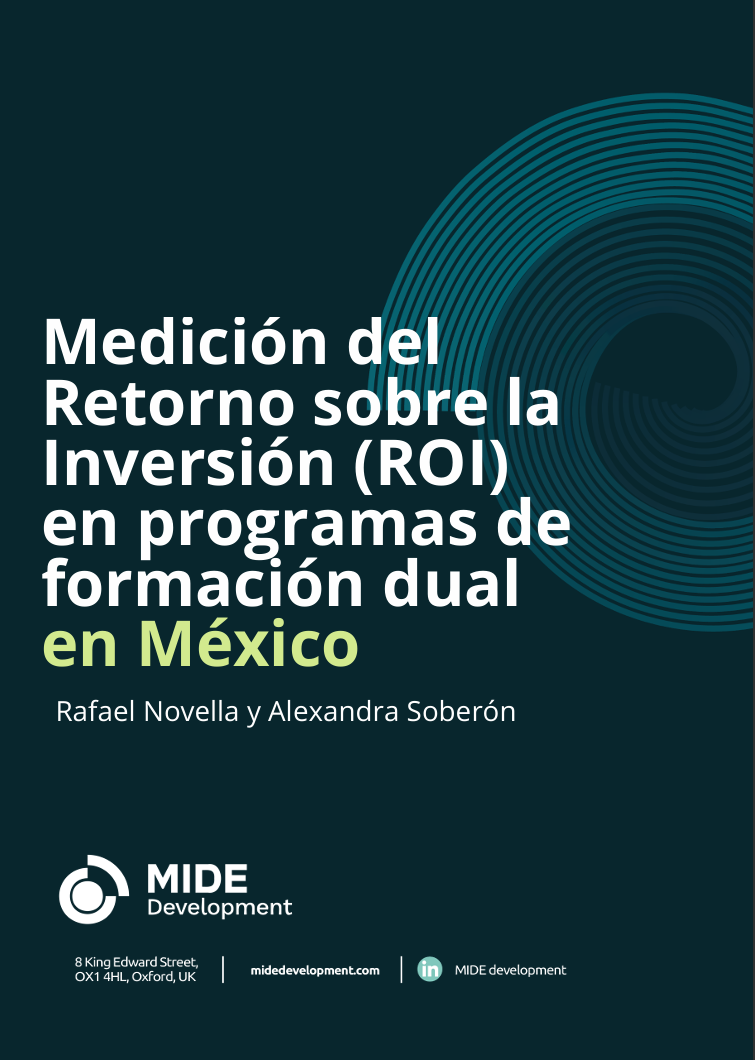Education and skills programs

The knowledge and skills acquired throughout life determine the educational, employment, and well-being outcomes of individuals and their households.
MIDE Development has experience designing and evaluating the effectiveness of educational and skills development interventions across early childhood, basic, higher, technical, and vocational education.
Our work in
education and skills training
Lifelong learning and skills development

Our team has conducted various studies on the factors that affect skill development from the prenatal stage through old age.
School education

We design and evaluate educational interventions aimed at improving learning, reducing gaps, and optimizing educational trajectories in early childhood and basic education.
Technical and vocational education

We have extensive experience evaluating various types of technical training programs (e.g., apprenticeships, freelancers, digital skills) for their quality, alignment with labor demand, and impact on employability.
Certification of competencies

Certification provides an objective assessment of individuals’ knowledge and skills. We have experience evaluating the impact of certification programs on employability and productivity.
Examples of recent projects in
education and skills training

Education and skills training
Tiwoloka: School feeding and teacher training
Client: CARE Malawi
Country: Malawi
We are working with CARE Malawi, as part of a program funded by the United States Department of Agriculture (USDA). The goal is to strengthen school feeding and teacher training in six districts of Malawi, benefiting more than 105,000 people, including students, teachers, and community committees.
Education and skills training
Experimental evidence on the effects of a Coursera program in Costa Rica
Client: Inter-American Development Bank (IDB)
Country: Costa Rica
We worked with the IDB to evaluate, using an experimental design, the impact of a program that provided free access to Coursera courses for Costa Rican youth and adults (aged 18–40). Completion rates were low, with no significant employment impact after two years, but higher education enrollment increased by 11%.





